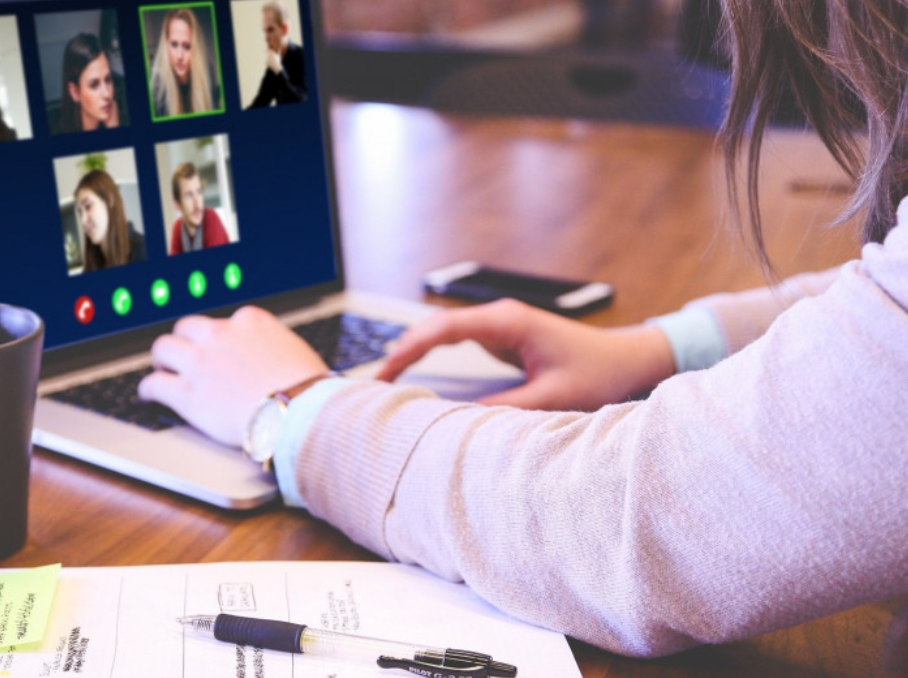Whether you are hosting a meeting in person, or online, there are tips and tools that can be used to make it more effective. Depending on how a meeting is managed, it can have a great impact on the intended outcomes, as well as how engaged the participants feel. The most important factors are to have a clear agenda to be achieved within a set time, strong public speaking skills to engage audiences and a visually appealing deck to attract attendees.
To host effective and efficient meetings, answer these questions:
What’s the objective?
Set the agenda for your meeting and share it with the attendees beforehand. The purpose of the meeting needs to be clearly detailed, to ensure that everyone is on the same page and actions can be taken post meeting. An agenda provides a direction for the conversation and allows for a sense of accomplishment when items are ticked off the list. Agendas are also a great way to stay on point and not have a meeting derail from the set objectives.
How much time do you need?
We’ve all had that one (or 30) meetings that took too long, and participants soon lost focus. If the objectives and agenda are not clear and adhered to, meetings, whether in person or online can take too long. Assess how much time is needed based on the agenda, and stick to it. Can the objectives be met in a 30 minute timeslot? Then aim for that. Are there brainstorming sessions that may take longer? Then structure the meeting to have a clear shift to start brainstorming.
What do you need for a virtual meeting?
Virtual meetings are perhaps harder to manage, due to the lack of personal interaction. However, as the lockdown has proven, they can be more effective if done right.
- Secure a strong and uninterrupted internet connection, even when the power goes out. (Check out BDD’s conference rooms that can be rented per hour).
- Ensure that all participants can hear others and be heard, and set the rules ahead of time. (Need a virtual office or quiet meeting room to host an important call? Check out these options).
- Create a visually engaging deck and keep the words on the slides to a minimum. Use graphics and images to get your point across.
- Remember that when you are on camera, body language and verbal cues are even more important, as you cannot read the audience. Check in with attendees to ensure they are following or if they have any questions.
- Keep any material to be shared until the end, to avoid distractions.
- Detail the action plan that will be rolled out post meeting, and when the attendees can expect to hear back from you.
Can everyone participate?
Every participant should be encouraged to take part in a meeting or on a call. Clear rules should be laid out to avoid disruptions. This can be done through scheduled Q&A sessions or by asking participants if all is clear and if they have anything to add after each item on the agenda is completed. You can even try to call out the more quiet attendees by name, and ask them if they have anything to add.
What’s next?
Meetings are only successful if they result in clear actionable items, and each person understands their responsibilities moving forward. Minutes of the meeting (written or recorded) should be shared with all attendees within one day, and updates for each item should be relayed to participants in a timely manner.
Meetings can either have participants walk away feeling accomplished and ready to move forward, or completely drained and feeling like they have wasted their time. Always have an agenda ready and stick to it. And always remain focused for the duration of the meeting and encourage others to do the same.




